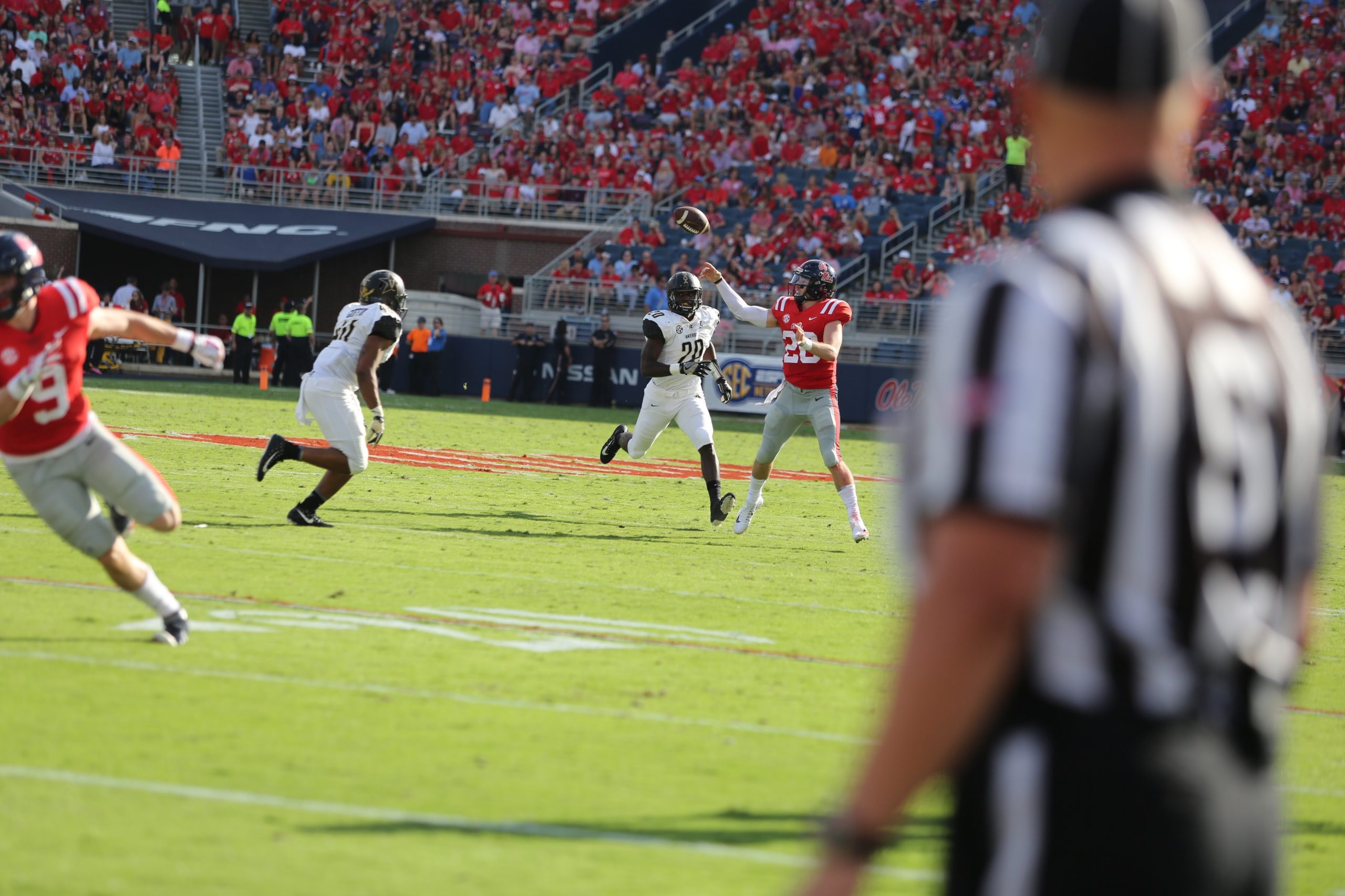
Should College Athletes Be Paid?
College sports are a big deal. Whether you root for a specific team because you’re an alumnus or grew up near a particular college, everyone seems to have their favorite university to cheer for. College athletics are so popular that in 2018 the NCAA made $857 million from television broadcasts of college sporting events.
College sports are exceedingly popular thanks to loyalty to certain schools, the energy of a collegiate atmosphere, and events like March Madness and exciting bowl games. Some even argue that they’re better than professional sports, or at least more exciting to watch.
With many positives and a large following, some people believe college athletes should be paid for their efforts. That includes professional athletes like LeBron James and Richard Sherman and politicians like Bernie Sanders.
Unfortunately, most colleges rebuke the idea since the athletes playing for them are “just students” like everyone else. But, even most other students believe that school athletes should be compensated for their work. So, should college athletes be paid, or should they wait to get to the pros?
The Cost of College
On average, U.S. college costs over $20,000 for public schools and over $46,000 for private universities. That’s per year! This doesn’t include many hidden costs and additional fees that can come up throughout the year. So, that leaves a lot of college students either at the mercy of financial assistance from their parents or families, the government, or having to get a job while still in school.
But, for college athletes, things are a bit different. On average, college athletes spend about 40 hours a week practicing. That also doesn’t include traveling to games away from campus or having to attend training camps in the summers when school isn’t in session. On top of that, most schools have some GPA or grade requirement for their athletes, so they have to stay on top of their studies, homework, etc. They don’t have time to go out and get a part-time job to pay for tuition, housing, and so on.
For many people across the country, a 40-hour workweek is the norm. So, for athletes to spend those hours practicing on top of their studies and having a social life, it’s almost like the sport they play is their job. Because so much time is invested in that job, it makes sense that they should get paid for it.
The Risk Factor
Most college athletes get recruited or allowed onto a team because they have a lot of talent. In addition, colleges often scout for high school athletes across the country that they think will bring success to their athletic programs. So, the students that play college sports are good at what they do. They know how to train, and they know how to stay safe.
On top of that, most colleges have an expert training staff to ensure their athletes use the proper precautions during practices and games. In addition, medical staff is usually also on hand in case of injuries.
It’s important not to discount those injuries. Concussions have become a hot topic of discussion in athletics, especially at the collegiate level, when they could lead to career-ending conditions. Players that get hit in the head can struggle with things like:
- A headache
- Sluggish movements
- Confusion
- Clumsiness
- Loss of consciousness
These symptoms are signs of a concussion; if an athlete repeatedly experiences them, it could cause lasting physical and mental damage. Over the years, student-athletes have also suffered from broken bones and severe muscle problems. Some have even died on the field. It’s easy to see why so many people think they should be compensated. But it’s fair to say that college athletes should be paid for their risks.
Marketing and Money-Making
Not only are sports entertaining to watch, but diehard fans are usually willing to spend a lot of money on their favorite team’s merchandise. For colleges, that means capitalizing on star athletes and winning seasons.
College athletes that stand out can often be targeted by the media as much as professional athletes. They can be influential on social media, have their name and likeness printed on apparel and other merchandise, and ultimately become “the face” of a collegiate athletic program.
Should Student-Athletes Have Salaries?
This is likely a debate that will continue for quite a while since it’s already been going on for years. But unfortunately, while most athletes and students support the idea, colleges have yet to show much enthusiasm.
The argument can be made that college athletes are just students, not professionals. Therefore, playing a sport isn’t technically their job, and most receive other perks, including free travel, free gear, and more.
But, with so much time and effort these athletes have to put into their particular sports, it’s not unusual to see why so many people think they should also be monetarily compensated. You probably already know Indiana is a big state for college sports. The state has IU basketball and Notre Dame football, so where do you weigh in on the debate?






